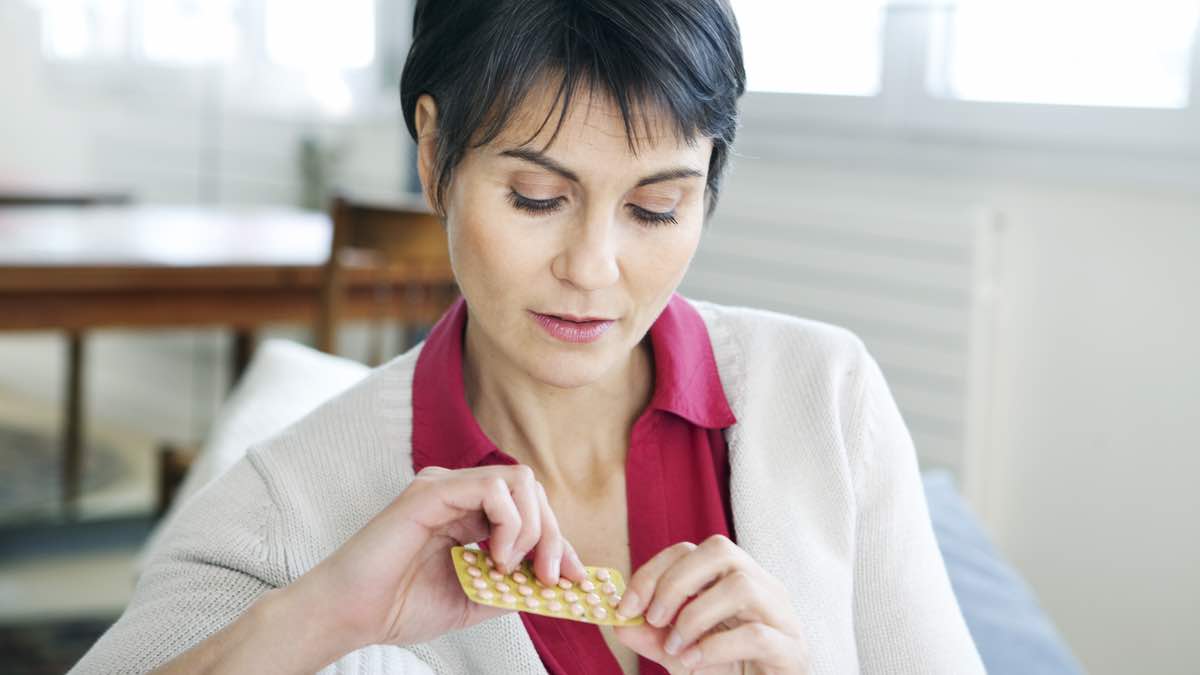
The NHS across England is being given £25m to set up dedicated women’s health ‘hubs’, the government has said.
The move by the Department of Health and Social Care has been included in a range of measures to mark one year on since the launch of its Women’s Health Strategy.
The £25m will be distributed across England so every health area can create a specific women’s health hub, with each integrated care board (ICB) set to receive £595,000.
In further guidance, the DHSC has emphasised that these should take a “life course” approach rather than focusing on specific health issues or stages in a woman’s life.
For example, hubs should provide management of contraception and heavy menstrual bleeding in one visit or integrate cervical screening with other aspects of women’s healthcare such as long-acting reversible contraception fitting or removal, the DHSC has pointed out.
The hubs can also be based in the community, perhaps straddling primary and secondary care, and have a digital presence, the guidance has said.
As it has stated: “Hubs do not have to be a building or specific place; they may employ digital resources to provide virtual triage or consultations, or alternatively they may make use of existing facilities, for example GP surgeries or community centres.”
However, the DHSC has emphasised that the hubs should not be seen as a replacement for access to primary or secondary care, or used as a quasi-hospital outpatient service.
They should not add barriers or delays to referrals for specialist and/or urgent care where required, for example referral into cancer pathways, and they should not duplicate existing services.
The hubs are just one part of a package of measures to mark the one-year anniversary of the strategy.
Other initiatives being launched include a dedicated area for women and girls on the NHS website, including new content on periods and hormone replacement therapy, among other topics. The resources on HRT will also have their own dedicated area within the website.
There will also be more support for bereaved parents who have experienced pregnancy loss, with voluntary certificates and work to provide appropriate 24/7 care, the DHSC has said.
Acknowledging the work of BBC presenter Naga Munchetty and patient groups to raise awareness of the condition, the government is also ensuring the NHS website contains a page specifically on adenomyosis, including information about symptoms and the treatment currently available.
A new artificial intelligence tool will be developed to identify early risks in maternity units. The government will host an event where clinicians and data scientists will collaborate to harness the power of AI to analyse vast amounts of data, helping to identify any concerning trends in maternity units.
Minister for women’s health Maria Caulfield said: “We will keep working and investing so girls and women across the country can benefit from the world-class healthcare they deserve.
“The government has listened to women who have campaigned for greater action on pregnancy loss and will now go further to help them tackle the heartbreak, pain and devastation that it can cause,” she added.
Stay connected with us on social media platform for instant update click here to join our Twitter, & Facebook
We are now on Telegram. Click here to join our channel (@TechiUpdate) and stay updated with the latest Technology headlines.
For all the latest Health News Click Here
For the latest news and updates, follow us on Google News.
